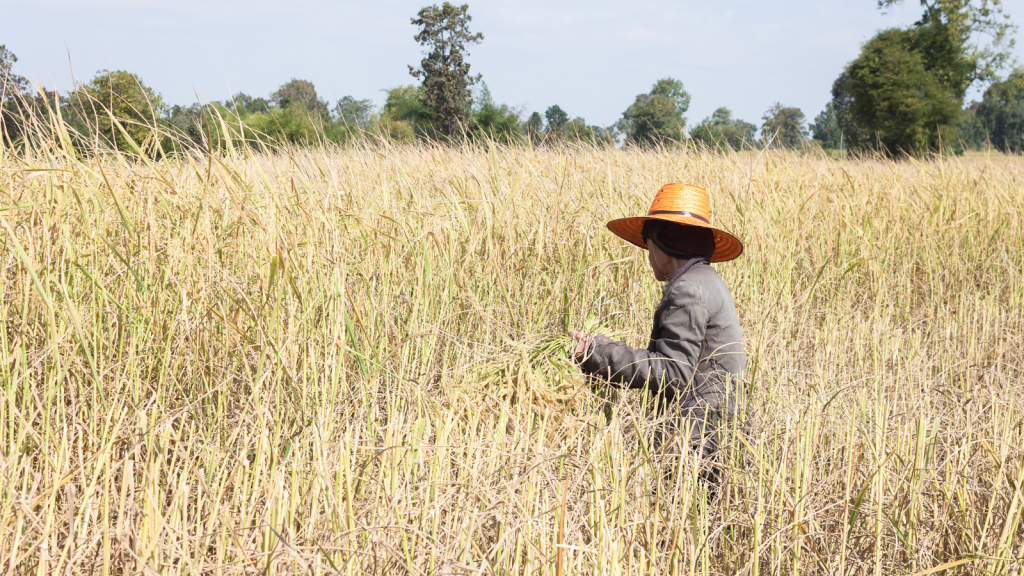Our inability to address growing inequalities, not least for women, has worsened the Covid-19 crisis, but there may be a silver lining, argues Lise Kingo of UN Global Compact
Before Covid-19, the United Nations warned that inequality is growing for more than 70% of the global population, exacerbating the risks of divisions and hampering economic and social development. Worst impacted are women. According to the World Economic Forum’s 2020 Gender Gap Report, it will take 257 years to achieve economic gender parity – or 10 generations of women.
Our failure to create a more socially just world before Covid-19 has significantly worsened the current crisis, and it could hamper our ability to recover better faster as a global community.
As we set out to rebuild a better world, the UN Global Compact urges businesses and governments to target gender equality as one of the most promising pathways towards a faster, more equitable and resilient recovery.
At the frontline of Covid-19 women play an invaluable role. They constitute 70% of the global health workforce, and bravely risk their own health and safety to care for others, often without access to sufficient personal protective equipment. Women often shoulder the domestic burden of caring for their families and sick and elderly relatives.
Women are hit hardest by the social and economic impact of Covid-19. ILO, the International Labour Organization, recently estimated that over the next three months we will see the loss of the equivalent of 200 million full-time jobs. And the World Bank has predicted that close to 50 million people will be thrown into extreme poverty, wiping away 20 years of work towards its eradication. Most at risk are the 2 billion poor workers, most of them in emerging and developing countries, many of them women. They live at the brink of extreme poverty without any rights or social protection.
Many businesses right now are fighting for their survival, and a looming global recession is forcing companies to think very short term. But it is important to underscore that economic recovery and sustainable development are not opposites. We need to avoid a scenario where companies say: “We’re dealing with Covid-19 now; we’ll return to our commitment to gender when we can.”


